Trends: 2032
Will Artificial Intelligence Steal Our Jobs?
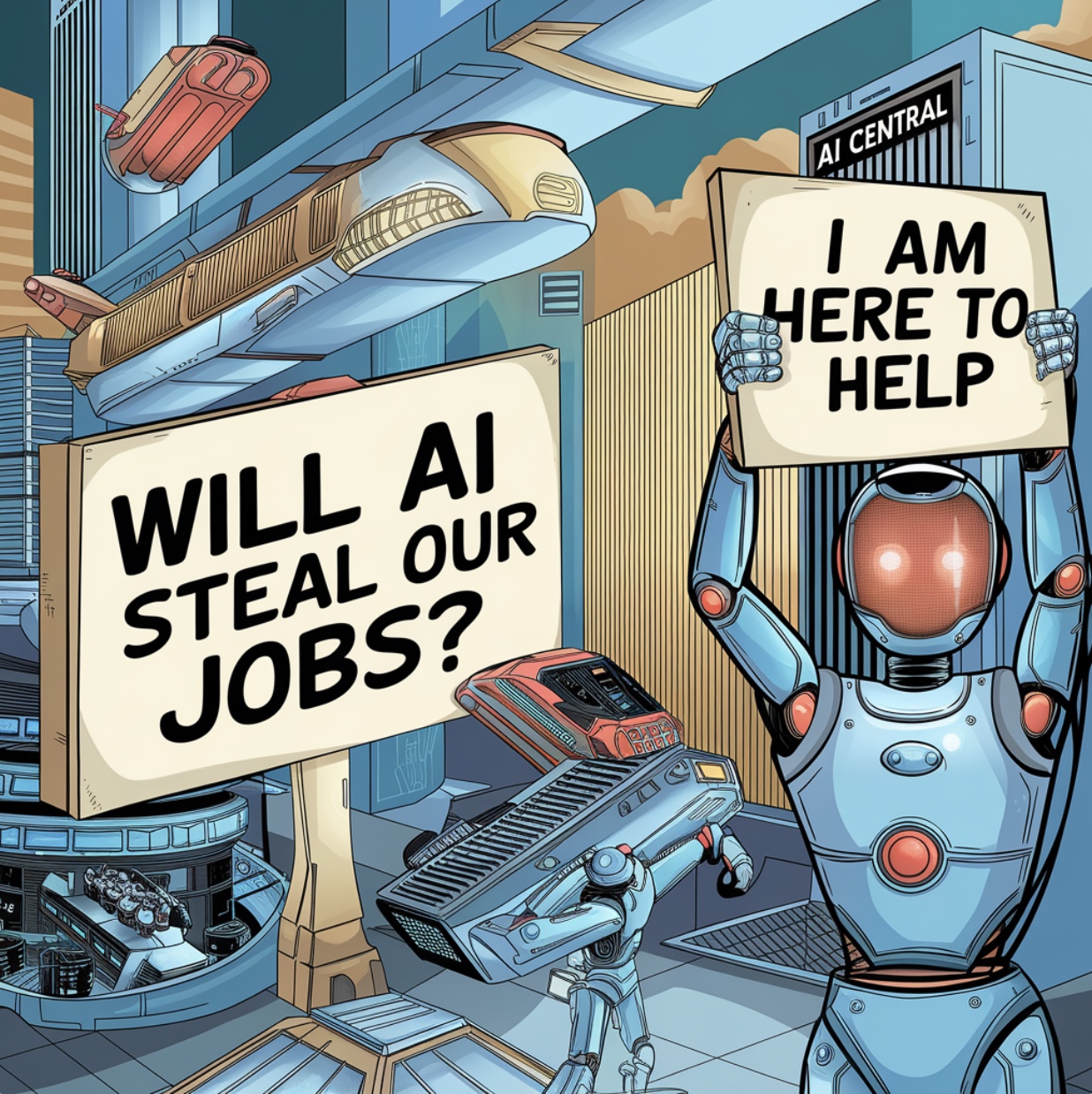
The fear that artificial intelligence will steal our jobs isn’t just some sci-fi plot anymore—it’s a real worry that’s starting to hit home in almost every industry. From chatbots replacing customer service reps to AI-powered legal assistants, the impact of AI on jobs is something we can’t just brush off. But how much of this is legit, and how much is just hype? Let’s break it down.
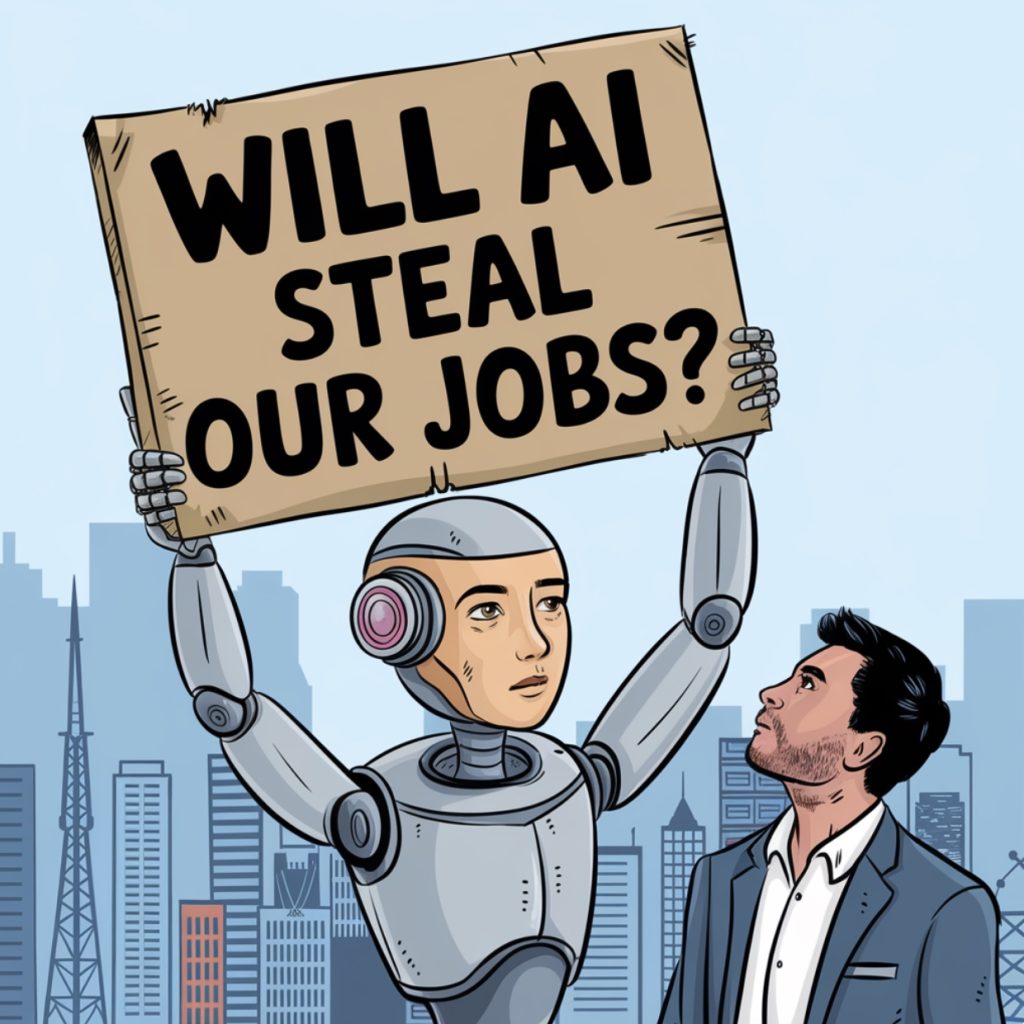
Routine Jobs Automated First
First off, AI is great at doing repetitive tasks—things that don’t require much creativity or complex decision-making. Take customer service, for example. Many companies have started using AI chatbots to handle basic inquiries. It’s not perfect, and let’s be honest, it can make bad service even worse, but the fact remains: these are jobs that used to belong to humans.
In industries like manufacturing and data entry, the story is pretty much the same. Machines are getting better at doing the work that people used to do. And while this boosts efficiency, it’s also leading to job displacement, especially in roles that don’t require a high level of skill or creativity.
The Intelligence Barrier
Here’s where things get tricky. Up until about 200 years ago, most jobs didn’t require a high IQ. Around 90% of people worked in agriculture or other simple jobs. But as we’ve gone through several technological revolutions, the demand for more complex skills has skyrocketed. Today, if you’ve got an IQ of 70-80, your job options are incredibly limited, and as simpler jobs continue to disappear, the situation will only get worse.
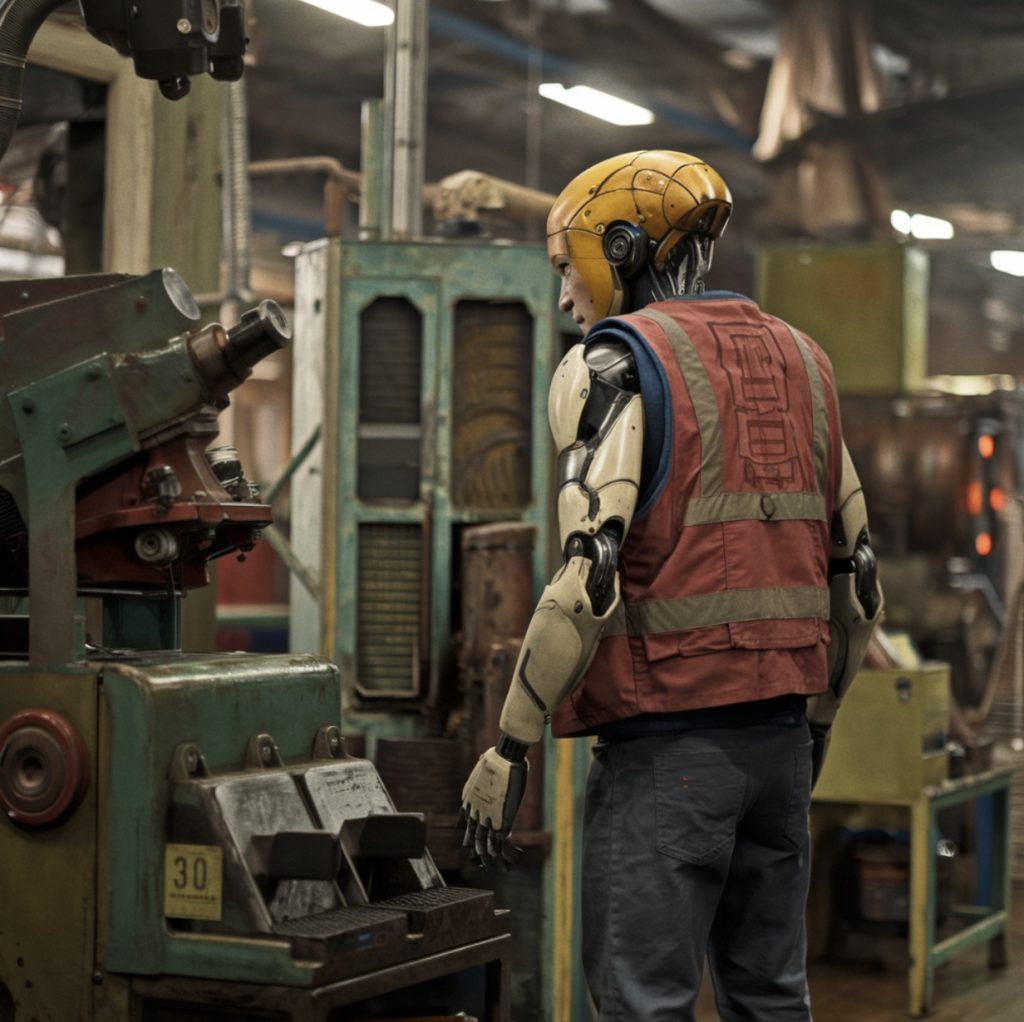
AI isn’t just taking over simple tasks anymore. It’s creeping into areas that require higher intelligence—areas where we used to think humans had the upper hand. Think about jobs like programming, teaching, or even medicine. AI can diagnose diseases more accurately than some doctors, and autonomous vehicles are being developed to drive more safely than humans. When it comes to efficiency, safety, and cost-effectiveness, AI is hard to beat. So, where does that leave us?
Jobs That Might Survive (For Now)
There are still areas where humans have the edge—at least for now. Jobs that require deep thinking, creativity, or emotional intelligence are harder for AI to replicate. For example, engineers, researchers, and philosophers are likely to remain in demand. AI isn’t good at coming up with new ideas or thinking outside the box. It doesn’t have emotions, and it doesn’t get inspired.
Artists and craftsmen also add something that AI lacks: soul. Sure, AI can generate paintings, write poems, and even compose music, but there’s something missing. These creations don’t have the depth that comes from human experience and emotion. So, while AI can mimic art, it can’t truly replace the human element that makes art meaningful.
The Dark Side: What AI Could Take Away
Whether we like it or not, AI will definitely diminish or even exclude some jobs. As AI continues to improve, the list of jobs where humans can outperform machines is shrinking. Whether it’s teaching, transportation, or even management, the writing’s on the wall. If a machine can do your job better, faster, and cheaper, why would a company choose to keep you around?
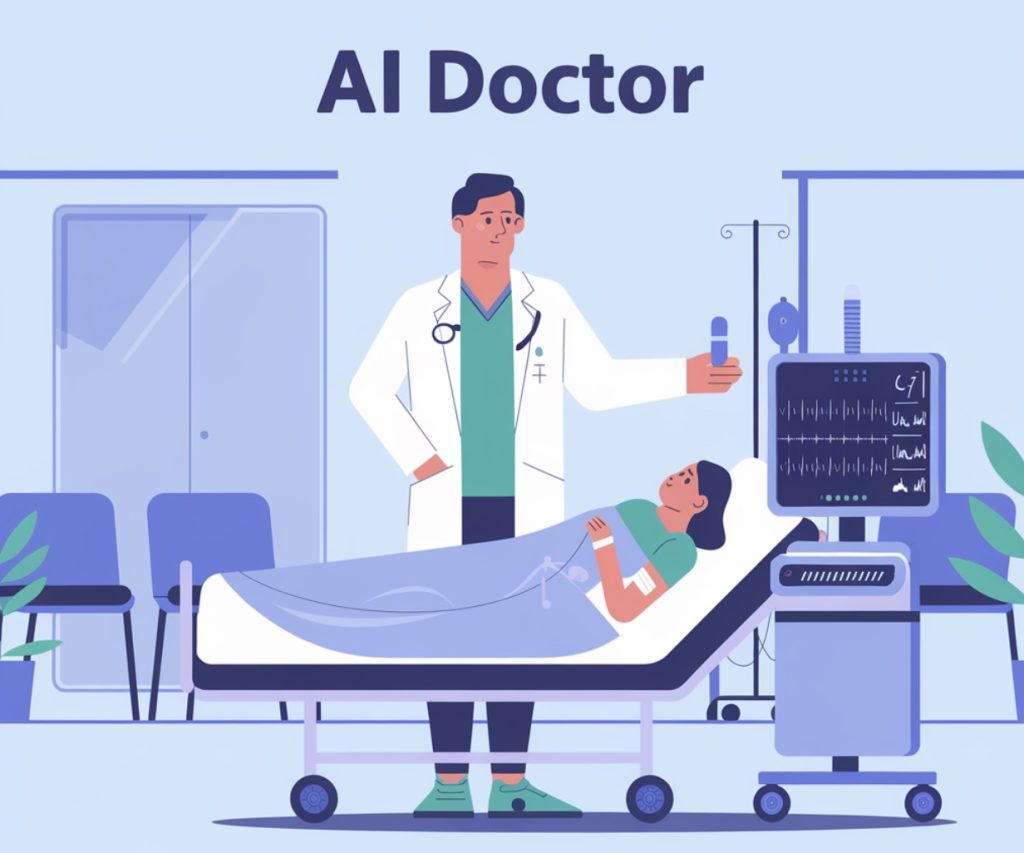
This raises some serious ethical questions. For instance, if AI can diagnose diseases more accurately than doctors, is it ethical to let humans continue to do it? Or if autonomous cars can drastically reduce road accidents, is it responsible to let humans keep driving? These aren’t just hypothetical questions—they’re real dilemmas we’ll have to face soon.
So, will artificial intelligence steal our jobs?
The short answer is yes, at least some of them. But it’s not just as simple; much of it depends on how we adapt. There will always be a need for people who can think, create, and innovate—things that AI, for all its power, can’t yet do.
Still, the future of work will definitely look different. We’ll need to focus on jobs that machines can’t easily replicate and on skills that keep us ahead of the AI curve. If we don’t, we might find ourselves in a world where machines do everything just better.
Trends: 2032
Elon Musk’s Robot Could Be in Your Home by 2030—Here’s What It Can Do
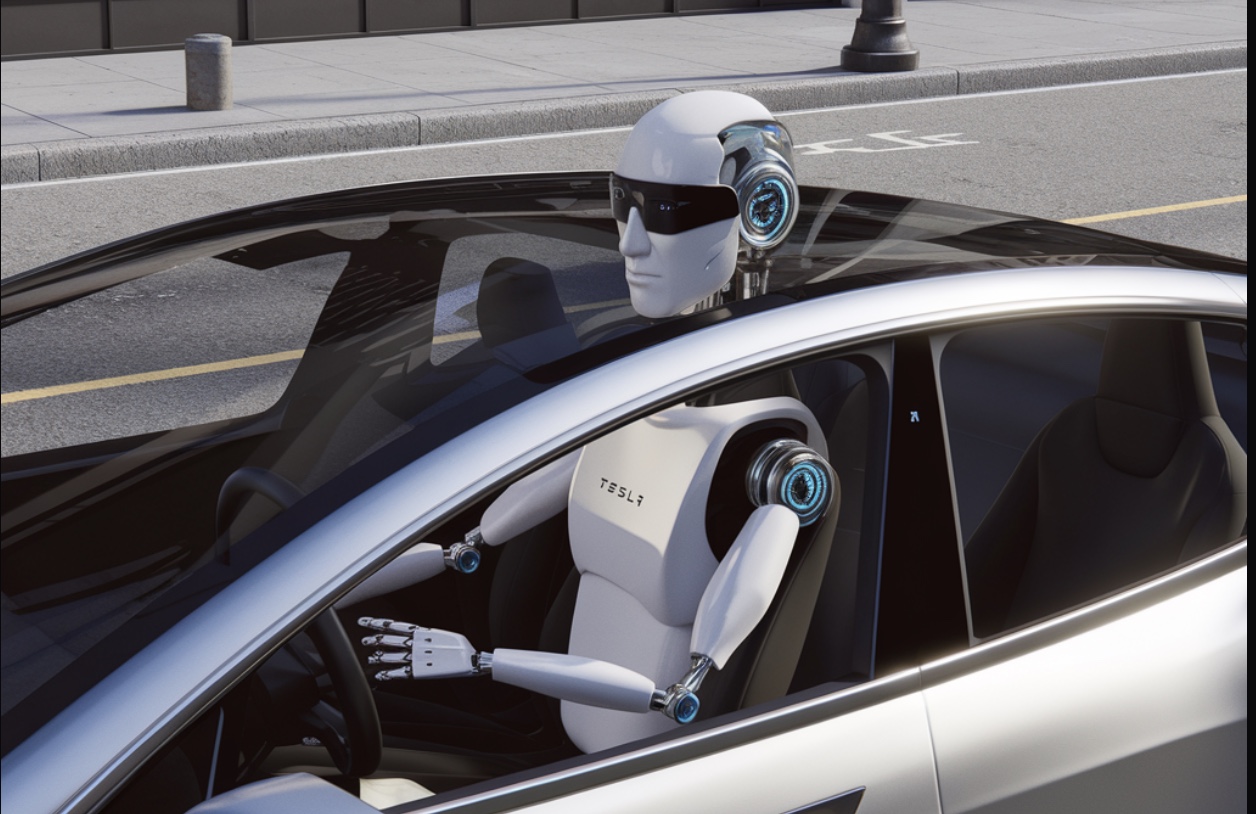
Elon Musk has once again grabbed headlines with the recent unveiling of the Elon Musk robot—a humanoid machine dubbed Optimus—designed to perform everyday tasks for consumers and handle labor-intensive jobs in industrial environments. Presented at Tesla’s “We, Robot” event on October 10, 2024, Optimus stands as a pivotal step in Musk’s broader vision of integrating robotics into daily life. With its sleek, faceless design and impressive capabilities, the Optimus robot has sparked both excitement and controversy, leaving many to wonder if this innovation will enhance human life or disrupt it.
What Does the Elon Musk Robot Actually Look Like?
The Optimus robot stands 5’8″, with a minimalist, faceless design that some have compared to sci-fi characters like Daft Punk or the robots from I, Robot. Its design may seem unassuming, but it packs powerful capabilities. The humanoid robot moves on two legs and has arms designed for dexterity, allowing it to perform a wide variety of tasks. Tesla’s team demonstrated Optimus watering plants, playing board games, and even serving drinks, suggesting that the robot could seamlessly fit into home environments as a personal assistant.
The aesthetic of the Elon Musk robot is deliberately sleek and simple, avoiding the more intimidating or overly mechanical look of traditional industrial robots. Instead, Musk has positioned Optimus as a friendly companion—one that could assist with both mundane and complex tasks.
What Types of Robots Is Tesla Developing Besides Optimus?
While Optimus is the star of the show, it’s not the only robot Tesla has in mind. What else is coming? Musk has grand ambitions for a broader range of robots that go beyond just the humanoid design. One example is the robotaxi, an autonomous vehicle intended to offer ride-hailing services without human drivers. This robotaxi represents Tesla’s ambition to reshape transportation.
In addition to the robotaxi, Tesla plans to develop industrial robots capable of handling labor-intensive tasks in environments like factories and warehouses. These robots are designed to take over physically demanding and repetitive jobs, offering businesses a more efficient way to manage operations. Could these robots replace human workers? That’s the big question sparking debate.
So, What Will These Robots Help With?
What exactly are these robots going to do in real life? At the heart of Tesla’s robotics program is the idea that robots should assist humans with daily tasks. The Tesla robot has been described as a highly versatile assistant that can manage a variety of chores. Think about a robot that can fetch groceries, mow the lawn, or even babysit your kids. Musk envisions Optimus as a practical companion for day-to-day living.
Beyond household use, Optimus is also designed to perform more complex tasks in industries like warehousing, where it could replace manual labor. This flexibility makes the it particularly appealing to businesses that are looking to reduce labor costs. Could Optimus be walking through your office or warehouse soon?
Musk also shared an ambitious forecast: by 2030, Tesla aims to produce Optimus humanoid robots at a scale of a million units per year. With a price point of $20,000, Musk believes everyone will want a “robot buddy.” His bold prediction? Eventually, robots could outnumber humans. But what does this mean for society and the economy?
How Are People Reacting?
So, how are people feeling about all this? Public reactions to the robot have been mixed. AI and robotics enthusiasts are buzzing with excitement, imagining the ways this technology could make life easier. On social media, one user enthusiastically tweeted, “I can’t wait for Optimus to walk my dog!” Many are particularly intrigued by the potential for these robots to assist people with mobility issues, giving them newfound independence.
However, it’s not all excitement. Critics are raising red flags, particularly about the impact on jobs. Could these robots take over roles in manufacturing, warehousing, and even service industries? Labor unions are concerned about the potential for job displacement and wage stagnation. Economists have echoed these concerns, urging policymakers to consider the social and economic implications of mass robot adoption. Is the world ready for robots to become everyday coworkers?
Musk himself acknowledged these concerns but emphasized the potential benefits. He predicts that the widespread use of robots could dramatically reduce costs for goods and services, potentially boosting consumer affordability and economic productivity. But it’s a balancing act—can society handle the consequences of mass automation?
What’s Next for Tesla’s Robot Revolution?
So, what’s on the horizon? Tesla has big plans for its broader robotics program. Mass production of Optimus is expected to begin in 2026, with the ultimate goal of making robots as common as smartphones. Tesla is also working on advancing the AI capabilities of its robots, aiming to create machines that are not only task-specific but adaptable and intelligent.
There’s no doubt that the Elon Musk’s new robot represents a major leap forward in AI and robotics. But the road ahead is full of challenges—both technical and ethical. As the technology develops, questions about the role of robots in society will only grow louder. Will they help us live better, or will they lead to a future where robots outnumber and replace humans? Only time will tell.
Trends: 2032
AI Stocks Are Exploding: Don’t Miss These Game-Changing Companies
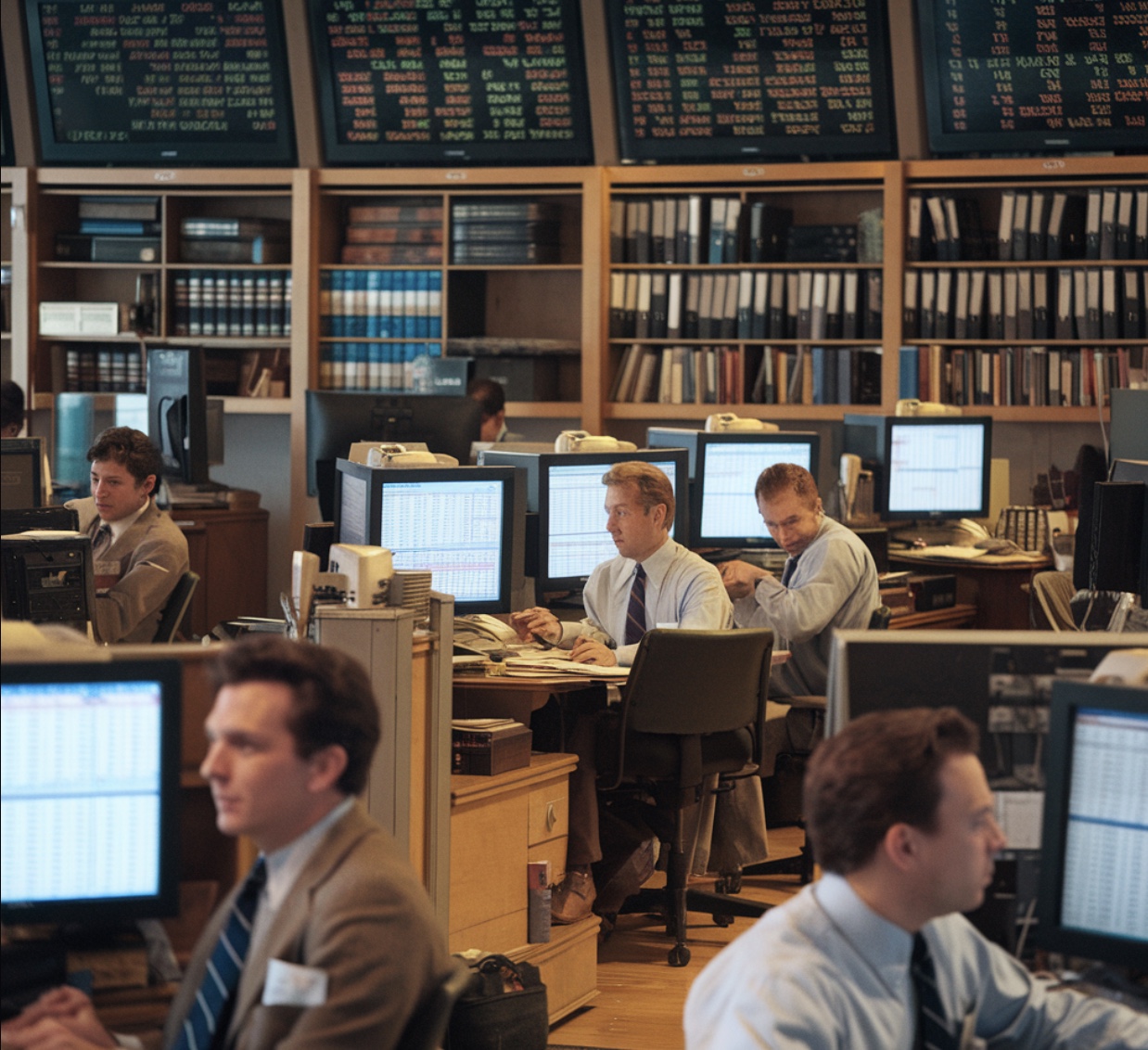
AI stocks have been on fire, jumping more than 100% over the past two years.
Nvidia has been the standout, with its stock skyrocketing over 200% thanks to its dominance in AI chips. These chips power everything from self-driving cars to massive data centers.
Other tech giants like Microsoft and Google (Alphabet) are also cashing in, with AI becoming a key part of their growth strategies. If you invested early, you’ve probably seen some serious returns—and with demand for AI only growing, this might just be the beginning.
For investors, this presents a unique opportunity to get in on the ground floor of a technological revolution. Let’s break down some of the top AI stocks, explain what they do, and explore why they’re worth watching.
AI Stocks by Value and Industry Impact
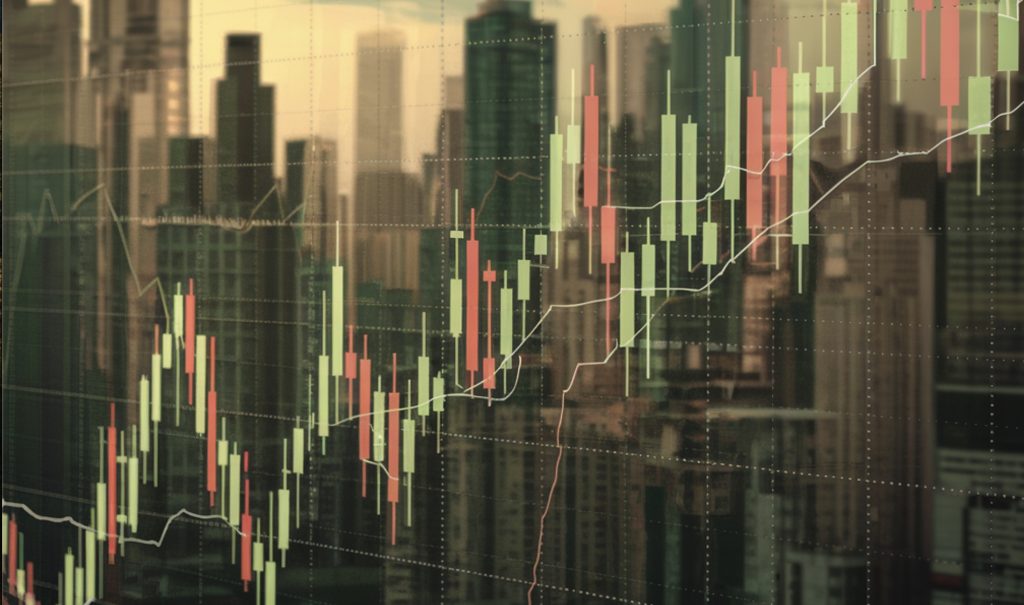
AI stocks come in different categories, with some being high-value, well-established tech giants, and others being newer, fast-growing companies focused solely on AI development. Below, we’ll group these stocks based on their value and sector.
1. Tech Giants Leading the AI Race
Companies like Alphabet (Google), Microsoft, and Nvidia dominate the AI stock market. These are some of the most valuable tech stocks globally, and they all have significant AI initiatives.
- Alphabet (GOOGL): Google has made huge strides in AI, particularly with its DeepMind division, which is at the forefront of machine learning and deep neural networks. They also incorporate AI into almost everything they do, from advertising algorithms to self-driving car technology with Waymo. Google’s continuous investment in AI makes it a key stock to watch as the demand for AI technology grows.
- Microsoft (MSFT): Microsoft has taken a leadership role in AI, integrating it into their Azure cloud platform and acquiring companies like Nuance to enhance their AI offerings in healthcare. Microsoft has partnered with OpenAI (creators of ChatGPT) to integrate AI into everyday tools like Microsoft Office, which is likely to push their stock even higher in the coming years.
- Nvidia (NVDA): Nvidia doesn’t just make computer graphics cards; they’re a leader in AI hardware. Their GPUs (graphics processing units) are essential for AI computing, used in everything from autonomous vehicles to advanced data centers. Nvidia has seen its stock soar as more companies require the computational power of AI.
- AMD (AMD): A major player in the AI hardware space, AMD is known for its high-performance CPUs and GPUs. AMD’s Radeon Instinct MI series, designed for AI and machine learning, positions them as a solid competitor to Nvidia in the AI hardware race. As AI hardware demand rises, AMD’s advancements make it a stock worth watching.
- ARM Holdings (ARM): ARM is crucial to the AI ecosystem, particularly in powering edge AI and mobile computing with its energy-efficient processors. As AI extends to IoT, smart devices, and robotics, ARM’s role becomes increasingly important, making it a strong contender in the AI hardware landscape.
2. Mid-Cap and Growing AI Companies
While the tech giants may dominate, there are smaller, growing AI companies that investors are eyeing.
- C3.ai (AI): This company focuses on providing AI software platforms for businesses, allowing them to integrate AI into operations, supply chain management, and customer service. C3.ai is a newer player in the field, but it’s growing quickly as more companies seek to adopt AI solutions to streamline their business processes.
- UiPath (PATH): UiPath specializes in robotic process automation (RPA), which uses AI to automate repetitive business tasks. As businesses continue to look for ways to increase efficiency, UiPath’s stock is poised for long-term growth. The company has expanded globally, and with AI-driven automation growing, so is their market share.
3. Emerging AI Stocks to Watch
Startups and smaller players in AI are seeing exponential growth as well, and while these stocks are riskier, they could offer high rewards.
- Palantir Technologies (PLTR): Palantir focuses on using AI for big data analytics. Their platforms help organizations make sense of massive amounts of data. The U.S. government and other large institutions use Palantir for defense and security analysis, and as AI becomes essential for data-driven decisions, Palantir’s growth is set to continue.
- SoundHound AI (SOUN): SoundHound specializes in voice recognition technology. With the rise of voice assistants like Siri and Alexa, this company offers advanced AI solutions that improve voice-based interactions. As voice AI continues to develop, SoundHound’s position in the market could strengthen.
Growth Fueled by Demand
Demand for AI technology is skyrocketing. AI is being integrated into industries like healthcare, automotive, retail, and finance. This growing adoption means companies developing AI solutions are seeing their stock prices rise significantly.
For example, Nvidia’s stock surged more than 200% in the past few years, driven by the demand for their AI-powered GPUs. Similarly, Microsoft’s investment in OpenAI and the integration of AI into their platforms has fueled stock growth. The key here is that as AI becomes part of everyday life, the companies that provide this technology are benefiting greatly.
What Thought Leaders Are Saying
Experts across the tech and finance sectors have shared their thoughts on the rapid rise of AI and its impact on stocks. Cathie Wood, CEO of ARK Invest, believes AI will generate trillions in value over the next decade. In a recent interview, she said, “Artificial intelligence is the next big disruptor. Investors who get in now on the right AI stocks could see substantial returns over the next 5-10 years.”
Mark Cuban, the billionaire investor, also weighed in, stating, “AI is already transforming industries like healthcare and finance, and we’re just at the beginning. The companies leading this transformation will create incredible value.”
Conclusion: Why AI Stocks Are Worth Your Attention
The AI industry is expanding rapidly, and with it, the stocks of companies leading the charge. From tech giants like Microsoft and Google to emerging players like Palantir and C3.ai, there’s a wide range of AI stocks to consider.
Investing in AI stocks is not just about the technology itself—it’s about the potential for growth. As demand increases and AI becomes a central part of how businesses and industries operate, the companies pushing this innovation forward are likely to see their stock values continue to rise. With expert opinions backing the long-term value of AI investments, now could be a great time to start exploring the right AI stocks for your portfolio.
Trends: 2032
How Does Google Perceive AI-Generated Content?
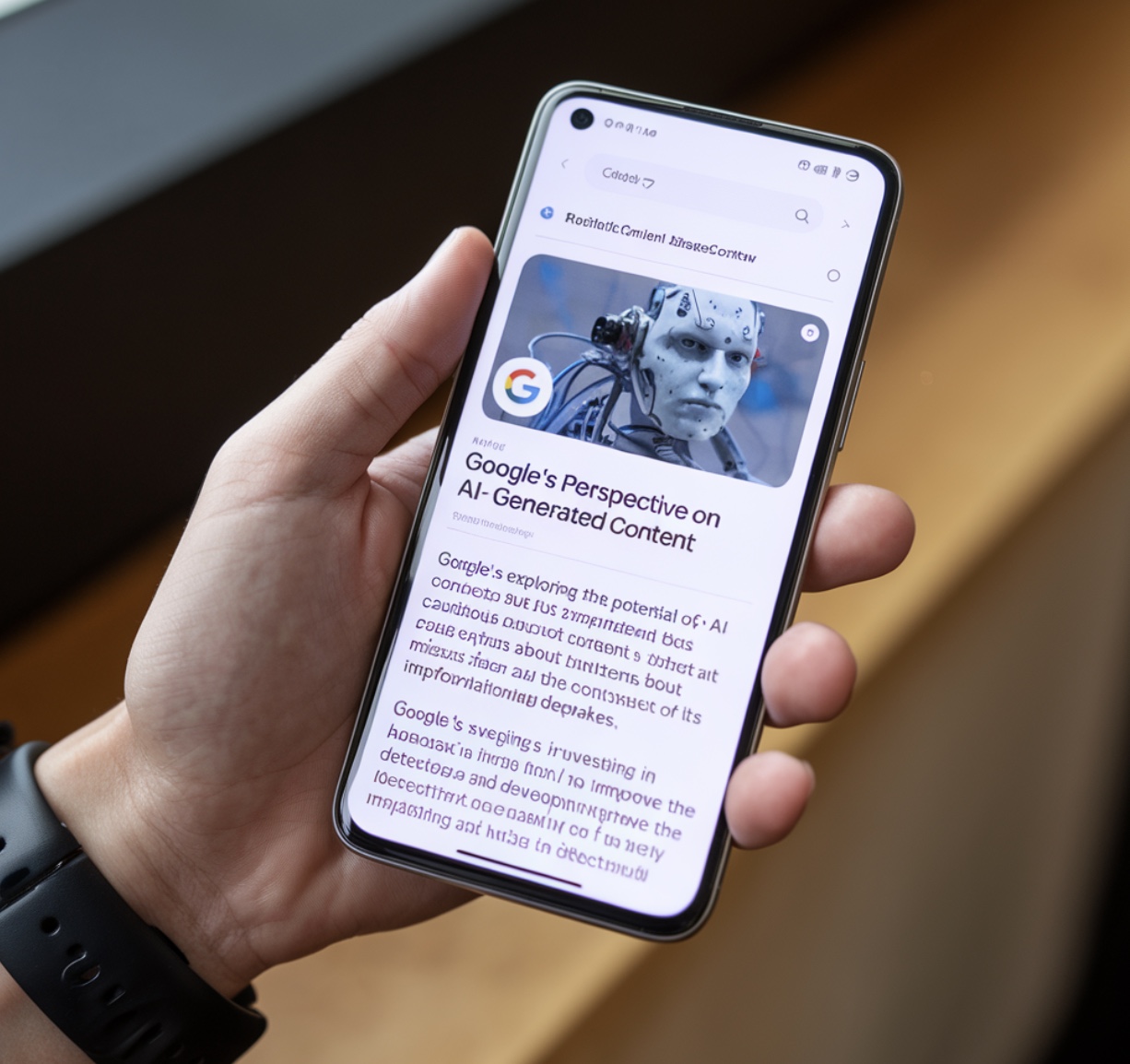
Is the internet drowning in AI-generated content? Every day, more and more AI-written blogs and articles flood the web, many of them looking the same. We’ve hit the point where everything feels automated, and now the big question is, what does Google think about all of this? Will AI-written content dominate search results, or will it face a major crackdown?
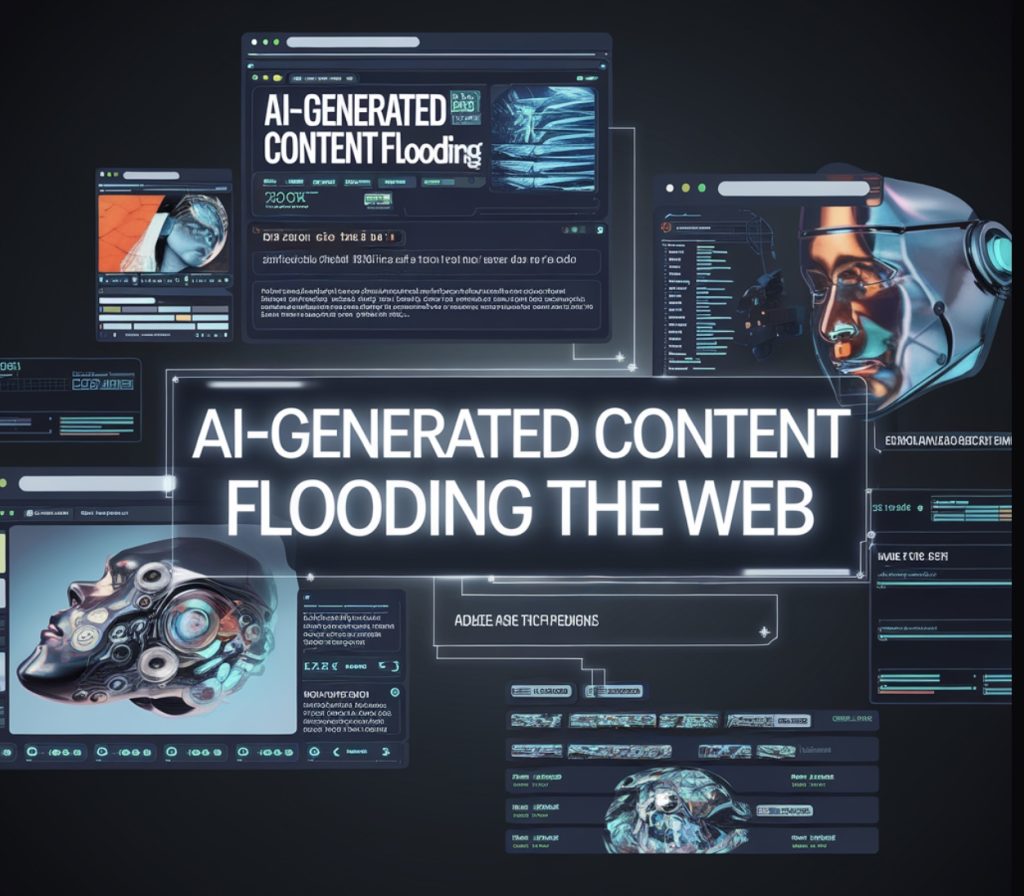
And here’s another major question—what if traditional search engines are on their way out, replaced by AI chatbots like GPT and others? If that happens, the way we optimize content could shift dramatically. SEO practices may naturally evolve to cater to AI-powered platforms instead of Google’s algorithms.
Thought leaders are already buzzing about this shift, with some predicting AI chats will revolutionize the way we find and engage with information. The content game is changing, and everyone’s trying to figure out what comes next.
Does Google Penalize AI-Generated Content?
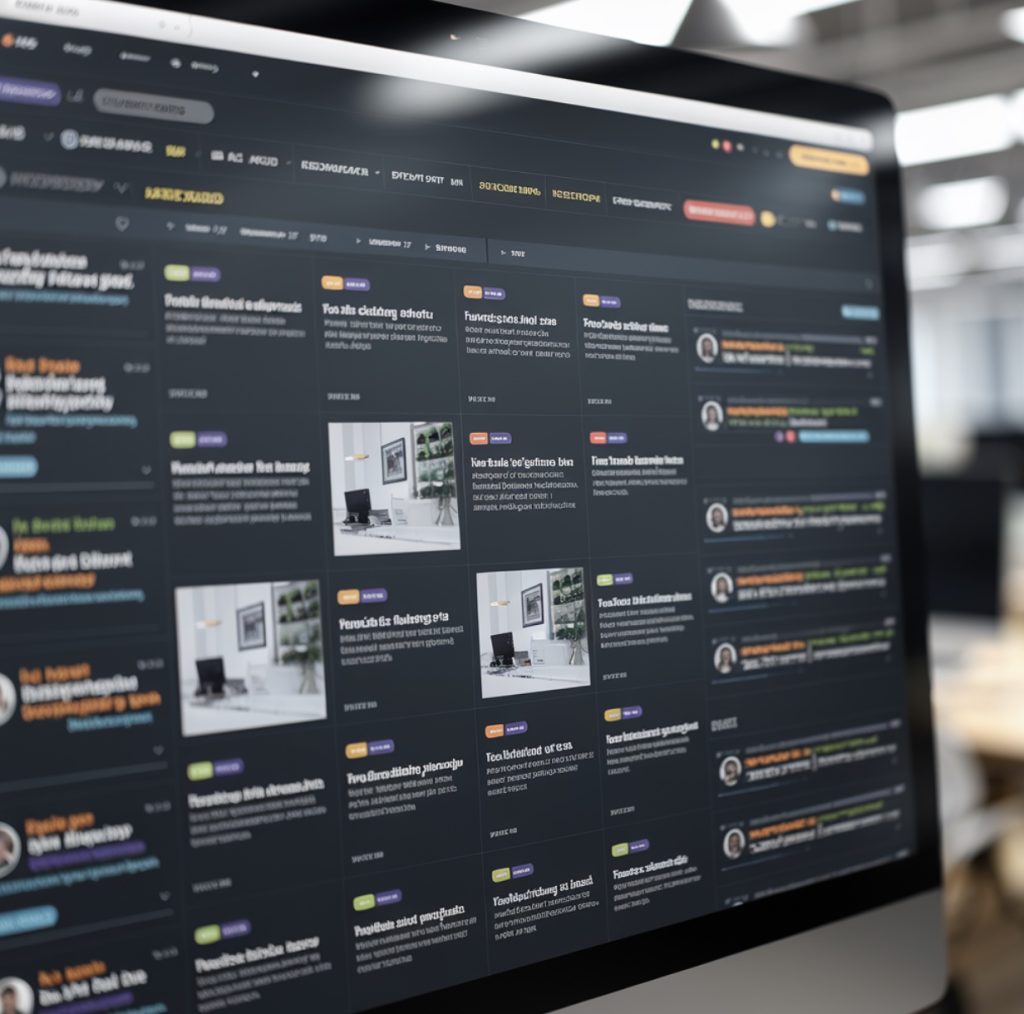
Historically, Google has taken a firm stance against low-quality, automatically generated content. In the past, this type of content often came across as keyword-stuffed and added little value to users. At the same time, the output of AI tools quality has improved, making the distinction between AI- and human-generated content more nuanced.
In 2022, Google’s John Mueller clarified that Google doesn’t outright penalize AI-generated content—as long as it adheres to their quality guidelines. This means that whether the content is AI- or human-generated, quality, relevance, and helpfulness are what Google truly cares about.
Rand Fishkin, founder of Moz, pointed out in a recent post that the future of content creation is about meeting the ever-increasing bar of quality. If your content isn’t better than what AI can generate, Fishkin argues, it’s not worth publishing. And so surprisingly, he doesn’t seem to care about rankings at all:
“Don’t “show me the money!” And don’t show me the Google rankings, either. What I care about with content marketing (and content strategy overall) is reach and resonance that turns my marketing flywheel. And I think it’s what content marketers overall should switch too, despite the fuzzier nature of these concepts over classic, purely-numerical metrics.”
Why Does Google Care About Content Quality?
Google’s mission is to deliver the best, most relevant information to users. It doesn’t really matter for Google if a piece of content is written by a machine or a human, as it is helpful, trustworthy, and accurate. With the Helpful Content Update in 2022, Google emphasized its clear preference for human-first content, making it clear that AI-generated content that adds no value or is misleading will be penalized.
How Will SEO Evolve with More AI-Generated Content?
As more businesses adopt AI-generated content, SEO strategies will have to adapt to remain effective. Here are some potential shifts:
- Increased Focus on Value: With AI making content production easier, the amount of content on the web is growing rapidly. To stand out, quality and value will become even more critical. Google’s algorithms will prioritize content that genuinely helps users rather than just filling space.
- E-A-T (Experience, Expertise, Authoritativeness, and Trustworthiness): AI can create content, but it can’t easily demonstrate experience or trustworthiness. Google will continue to prioritize content that shows genuine expertise and human oversight. This is signaling that content isn’t just generated for search engines.
- Strategic Use of AI: Content marketers and SEOs will learn to use AI more strategically, not just for content generation. Think tasks like keyword research, data aggregation, and optimization. AI will be a tool to enhance human creativity, not replace it entirely.
What Do Thought Leaders Say?
According to Rand Fishkin, AI-generated content is the new baseline. If your content doesn’t surpass what AI can do, it’s not worth producing. He also suggests that while AI-generated content might be “good enough” for certain uses, true innovation in SEO will come from leveraging human creativity. Meaning, content that AI simply can’t replicate.
Neil Patel, another SEO expert, reinforces that while AI can help speed up content production, human oversight is still critical to ensure content remains unique, valuable, and engaging.
What’s the Future of SEO?
The future of SEO will likely emphasize a mix of AI efficiency and human creativity. Google’s algorithm will continue to evolve to prioritize content that is helpful, trustworthy, and provides value. SEO strategies will need to focus on E-A-T principles and create content that resonates with users.
But here’s an even bigger question—what if traditional search engines are on their way out, replaced by AI chatbots like GPT and others? Industry experts are already debating this potential shift.
As Andrew Ng, co-founder of Google Brain and a leading AI strategist, recently said,
“If AI chats replace search engines, the rules of the game will change. Instead of optimizing for Google, content creators will need to figure out how to speak to AI—focusing more on how machines interpret, summarize, and present information.”
This could mean a complete overhaul of SEO as we know it, with the focus shifting from keywords and backlinks to how well your content can be understood and processed by AI. Thought leaders keep speculatiing: will content be written to appeal more to algorithms than to humans? The future is uncertain, but one thing’s for sure—those who keep up with the change and adapt will thrive, while others risk being left behind in the new AI-driven content landscape.
-
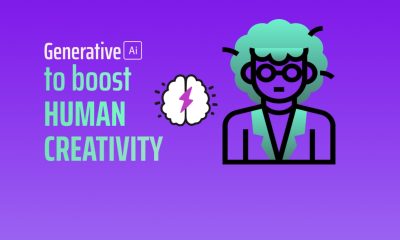
 AI Applications8 months ago
AI Applications8 months agoHow Human Imagination and AI Team Up to Create Awesome Content
-
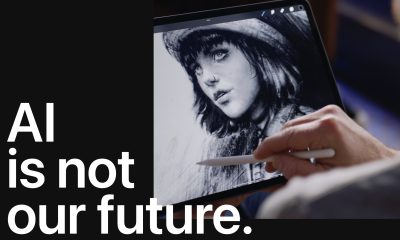
 AI Applications7 months ago
AI Applications7 months agoProcreate on Generative AI: “We’re never going there”
-
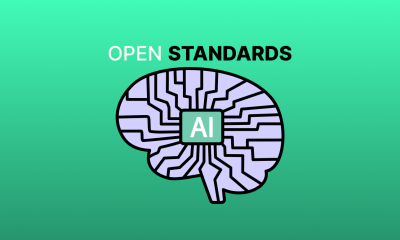
 AI Regulation7 months ago
AI Regulation7 months agoOpen Standards for Responsible AI: The Engine Driving Ethical Innovation
-
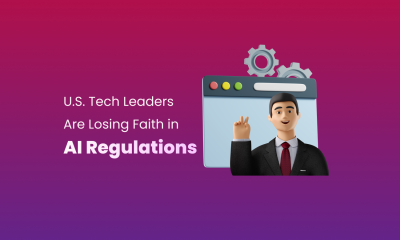
 AI Regulation7 months ago
AI Regulation7 months agoWhy Tech Leaders Are Losing Faith in AI Regulations—and What It Means for the Future








